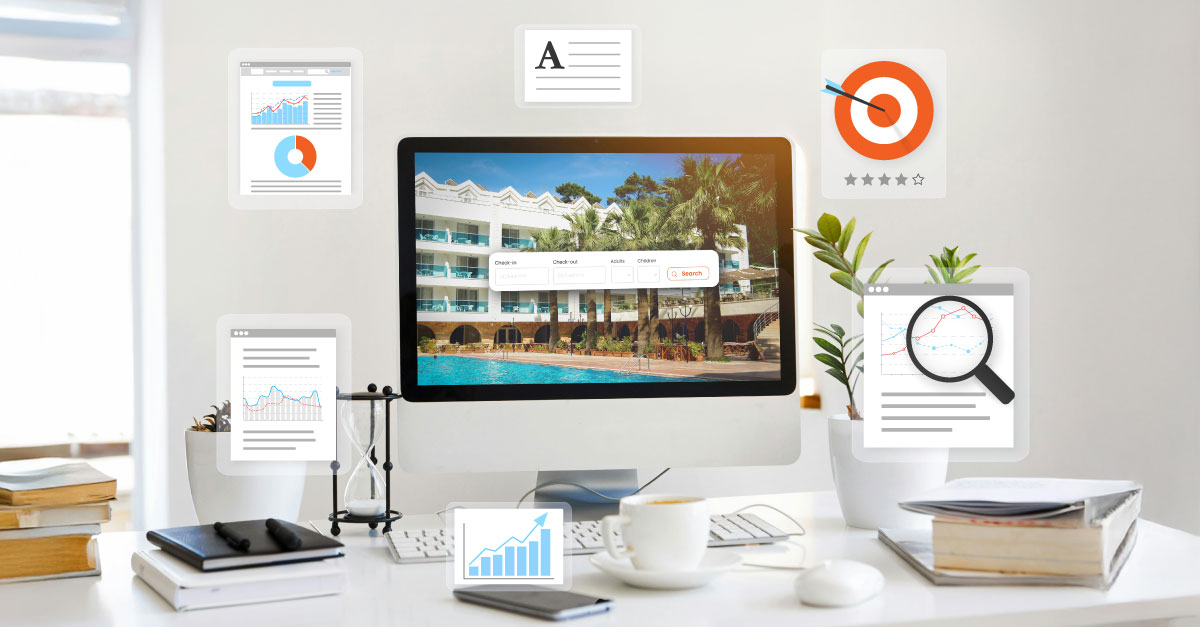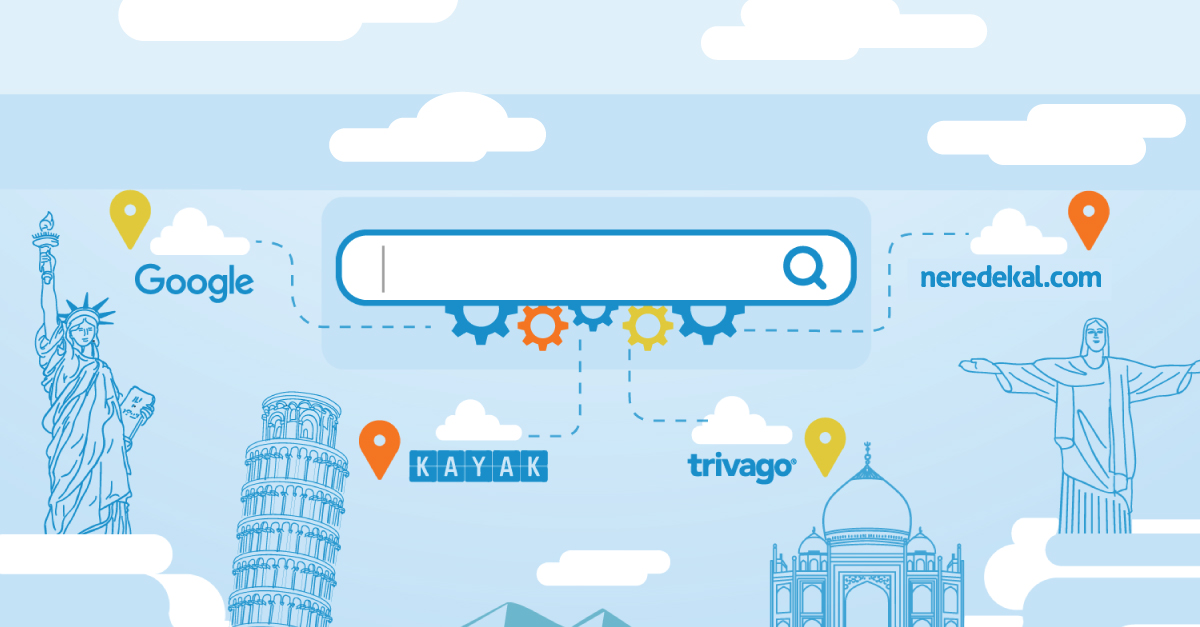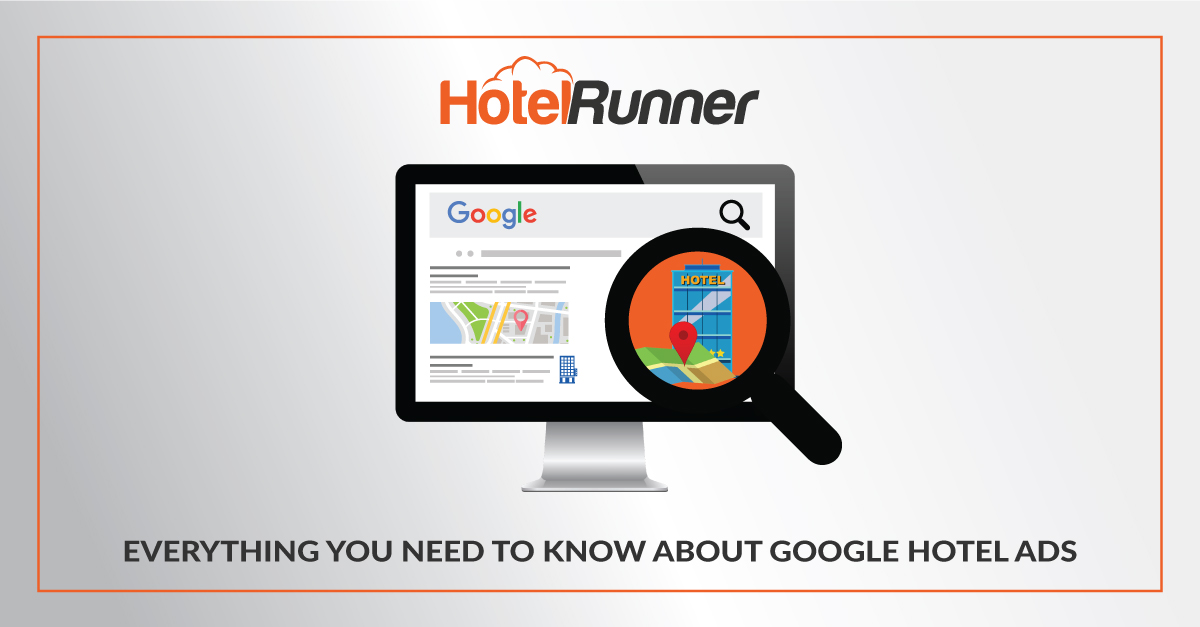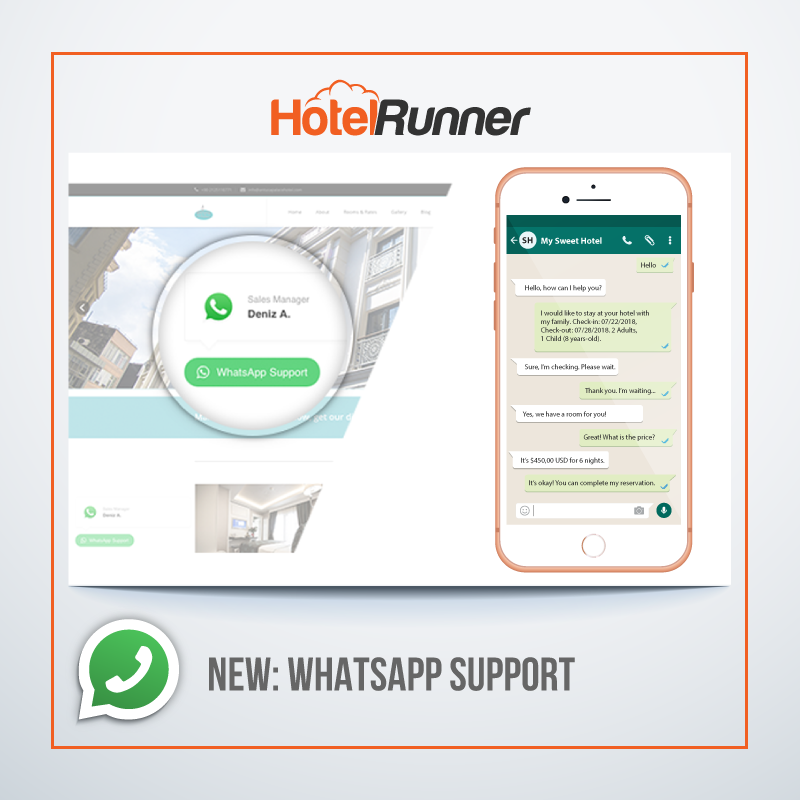 Sales & Marketing
Sales & Marketing Effective Airbnb Sample Review Replies and Templates for Hosts
Do you want to enhance your property’s reputation just by answering reviews? They’re not just comments; they’re your ticket to...
 Sales & Marketing
Sales & Marketing Do you want to enhance your property’s reputation just by answering reviews? They’re not just comments; they’re your ticket to...
 Sales & Marketing
Sales & Marketing Do you want to supercharge your hotel’s growth and expand its reach through marketing? Digital hotel marketing is exactly the thing you are looking for.
 Sales & Marketing
Sales & Marketing Social media is key for hoteliers to expand their reach, engage guests, and boost bookings. Read on to discover the fundamentals of social media marketing today!
 Sales & Marketing
Sales & Marketing Global bedbanks are a game-changer to maximize your revenue. We will share with you 5 bedbanks that will change the way you distribute your property.
 Sales & Marketing
Sales & Marketing Mobile phones are everywhere, and travelers increasingly use them to book trips and stays. The first thing that everyone who...
 Sales & Marketing
Sales & Marketing Maximize your booking potential with Expedia Group by adding rates and availability at least one year in advance. In a...
 Sales & Marketing
Sales & Marketing Metasearch engines give the chance to compare rates of properties on online travel agencies and direct sales channels on a...
 Sales & Marketing
Sales & Marketing The majority of travelers rely on online travel agencies to book a vacation. The reason why they gained such popularity...
 Sales & Marketing
Sales & Marketing With the first wave of COVID-19 behind us, it is important to focus on the future and turn this situation...
 Sales & Marketing
Sales & Marketing Where do you think most people start planning their travel? Booking.com, Expedia or TripAdvisor? Probably none of them. When we...
 Sales & Marketing
Sales & Marketing Today, user experience stands out as the most important criteria for those who plan their trip on the web. The...
 Sales & Marketing
Sales & Marketing WhatsApp became a major part of our daily communications, so why wouldn’t it become a marketing tool for your hotel?...